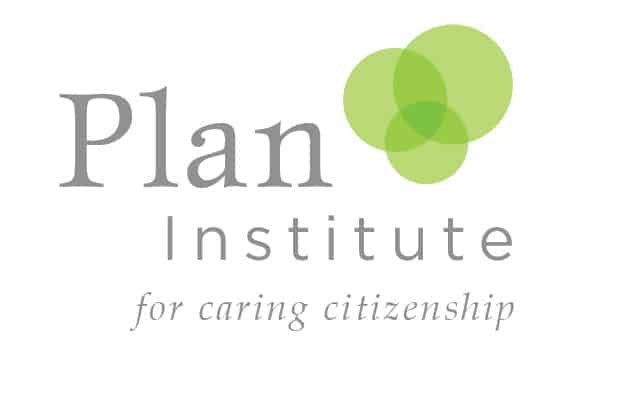A winding path leads to Lynette’s brightly painted front door.
The bell is barely rung and there she is, eyes twinkling, smile beaming, extending her hand in welcome. ‘How lovely to see you,’ she says in her low, genteel voice. She takes my coat while asking how I am. She looks right into my eyes waiting for my answer and I am led to feel this is a question of great importance. She leads me to her sunny living room. “You must be cold. Let me get you something warm to drink.” Lynette returns shortly with my tea and sits squarely in front of me, giving me her full attention, ready for conversation. Warm and comfortable, basking in the rays of her attention, I realise I am in the presence of a true master of hospitality.
The astonishing thing is that Lynette, who lives with mental health challenges, has known more rejection than welcome in her life time. Over the years she has been institutionalized, bullied, ostracized and ignored. Yet she still gently welcomes others with a warmth and authenticity that would make Martha Stewart blush.

The experience of genuine hospitality is a gift. When we are in the presence of someone truly hospitable we feel that we are exactly where we are supposed to be. Their open gaze and warm smile soften us. We feel them by our side, guiding us in, wrapped in the comfort of belonging.
Hospitality is about generosity, security, refreshment and refuge. It maintains and deepens bonds among family, friends, and offers protection, provision, and respect to strangers. It is a source of trust, connection, and social cohesion.
In many cultures hospitality is a code of conduct and the offering of shelter and protection is central to survival. In his book ‘The Places in Between,’ adventurer and diplomat Rory Stewart relied entirely on the sacred Kurdish practice of welcoming strangers to give him food and shelter as he walked across hostile and forbidding territory of Northern Afghanistan.
Cross culturally hospitality means welcoming the stranger in. Theologian Henri Nouwen defines hospitality as “the creation of a free space where the stranger can enter and become a friend instead of an enemy.” While hospitality is intentionally given it is not offered with an intention to change people. It is offered to create a space where change may occur for both the guest and the host.
To offer hospitality to a stranger is to welcome something new, unfamiliar and unknown into our life. Welcoming the stranger gives us an opportunity to open ourselves, deepen our understanding and expand our vision. Kio Stark, TED speaker and author of When Strangers Meet says: ‘Talking to people who are different from us can be radically transformative. It’s the antidote to fear.’
As our society grows more fearful of strangers, the concept of hospitality has become increasingly commercialized. Hospitality is now an industry unto itself with training programs and finely tuned vernacular for hotel and tourism managers. Regardless of this professionalization each of us knows the difference between good service and freely given hospitality. And what’s more we don’t need training or certification to engage in every day acts of kindness, welcome and caring. All we need is intention.
I recently led a staff retreat for a community organization. Community building, both inside and outside the agency, was the theme of the day. Members of the management team recognized that their agency felt cold, uninviting and unwelcoming. There were lots of ideas and suggestions about how the meeting rooms could be painted in warm colours decorated with art and plants. These ideas were useful but superficial.
It was when we explored our personal experiences of welcome and hospitality that the real breakthrough occurred. It became clear many of the core team members were living in isolation from their own communities. David, the organization’s head social worker spoke up. ‘You know,’ he said, ‘I am here talking about building communities at work and I realise I don’t even talk to my own neighbours.’ On the spot, David decided to do something about it. A renowned pie maker he vowed to take his neighbours pies the following week. Others followed suit. One person decided to clear away the clutter and make the entranceway to their home more welcoming. Another said she would make a point of talking to people in the elevator of her apartment. Another decided to drop by an elderly neighbours just for a chat. In this way the group began to understand that community cannot be built by programs but by actions that connect us to each other.
Hospitality is contained in simple offerings of invitation, welcome, good conversation, celebration and consolation. If we want to strengthen our communities, reduce our fear and open our hearts we need to engage with the neighbours on our block, welcome newcomers to our towns and speak to strangers on the streets. And like the very best of gifts, hospitality contains an element of sweet surprise. As it is unwrapped it reveals who we really are.
Vickie is the founding director of Plan Institute, a co-founder of PLAN, and she developed Plan Institute’s Personal Network Facilitation course (Weaving the Ties That Bind) that helps people build intentional networks around those who are social isolated.
This post was originally shared by our friends at Tamarack Institute, on their Deepening Community site. Click here for the original post.
